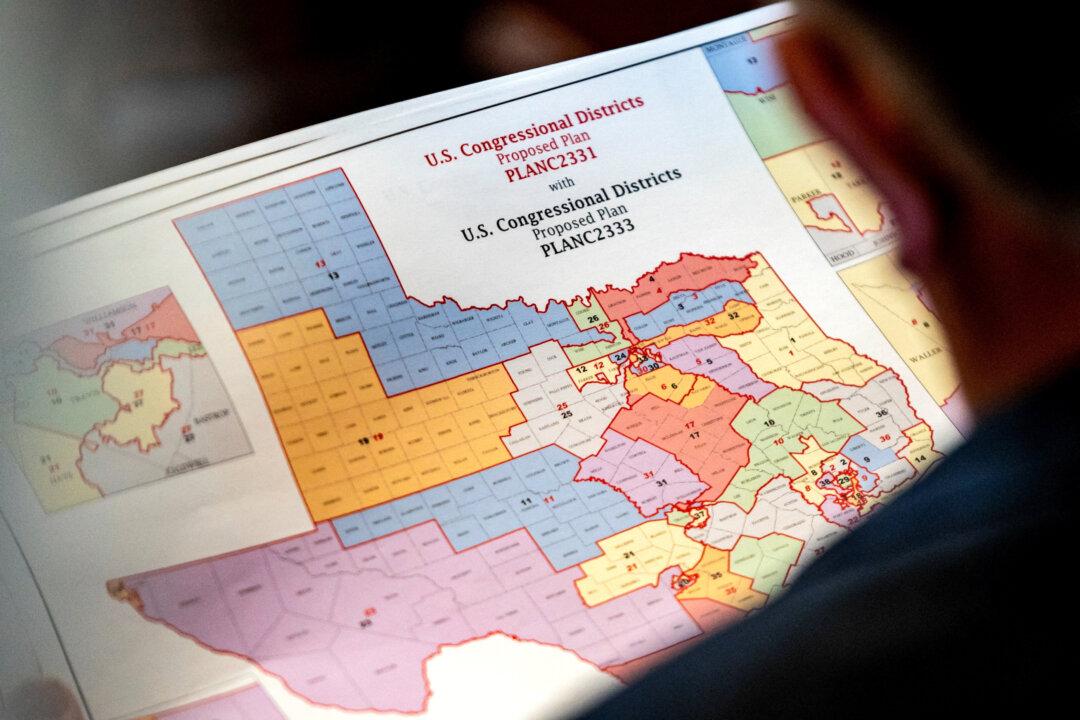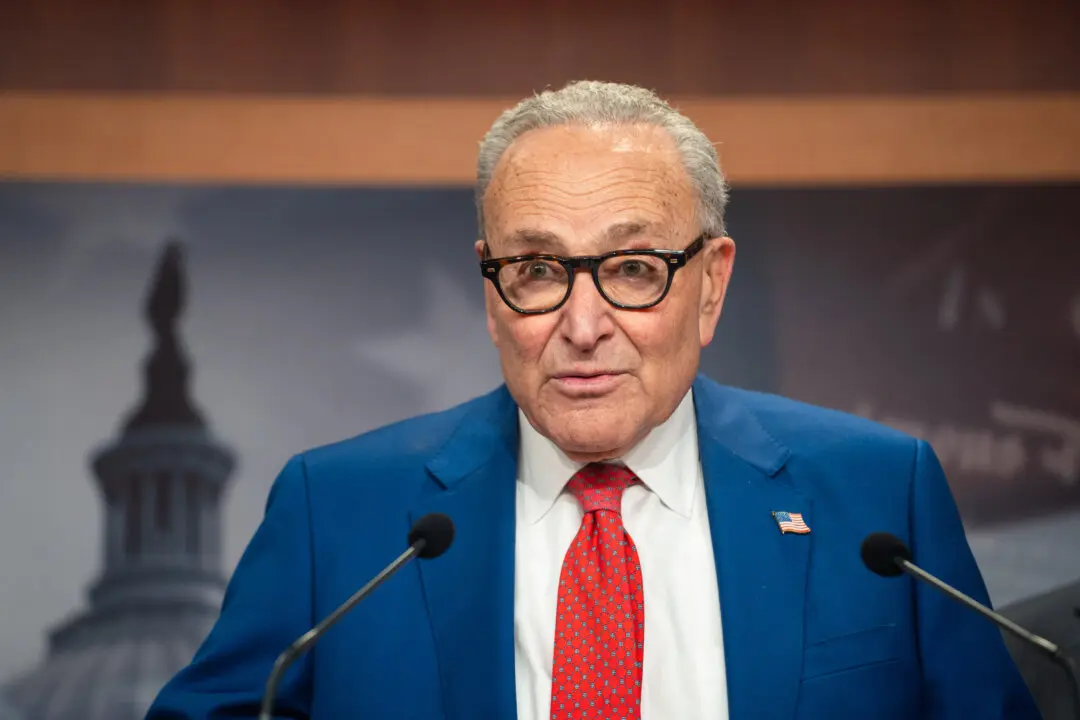A date has been set to resume the trial court proceedings in the case that could force the Metropolitan Nashville Police Department (MNPD) to release the writings left behind by the Covenant School shooter.
The shooter entered the Covenant School, a private Christian school located on the campus of Covenant Presbyterian Church, on March 27, 2023, and killed three 9-year-old children and three adults. The shooter was also killed at the scene by responding officers.





